– Your Excellency has served as an Apostolic Nuncio in many parts of the world, including Papua New Guinea, the Solomon Islands and several countries in Africa, and for a year you have been serving in our country. What are your impressions of Hungary, how do you see the situation of the Christian community here?
–I arrived in the middle of July of 2022 and I've been here for a year. I have to say that my impressions are very, very positive of Hungary and of Hungarians. I came from an assignment in Sub-Saharan Africa, so I was accustomed to seeing desert all the time. To come back to a country where you see green trees and flowers and grass has been quite an uplifting experience. So I think geography-wise, it's a beautiful country, and Hungarians are warm and welcoming and open. As a Nuncio, I meet plenty of people, not just believers, but also non-believers, who will tell me that they are not believers, and then we end up talking for an hour. So I think that's a great photograph of the Hungarian characters being open, warm, and interested in different viewpoints. I suspect that this comes from your history. That's the geography of the country which serves as a crossroads for many, so you are accustomed to having that kind of dialogue, or interchange with a lot of other people. The latest statistics show that a little more than half of the country is Christian.
In terms of the mission of the church, we must never be satisfied with just the numbers, to say, well, it's over fifty percent, so that's good. We should always work for more, but I think we must also be realistic.
We received an invitation to Christian life, which is much more than a picture of a saint hanging on the wall in our home, but sometimes people cannot or do not want to accept that invitation. In Hungary, as anywhere else in the world, not everyone chooses to become a Christian.
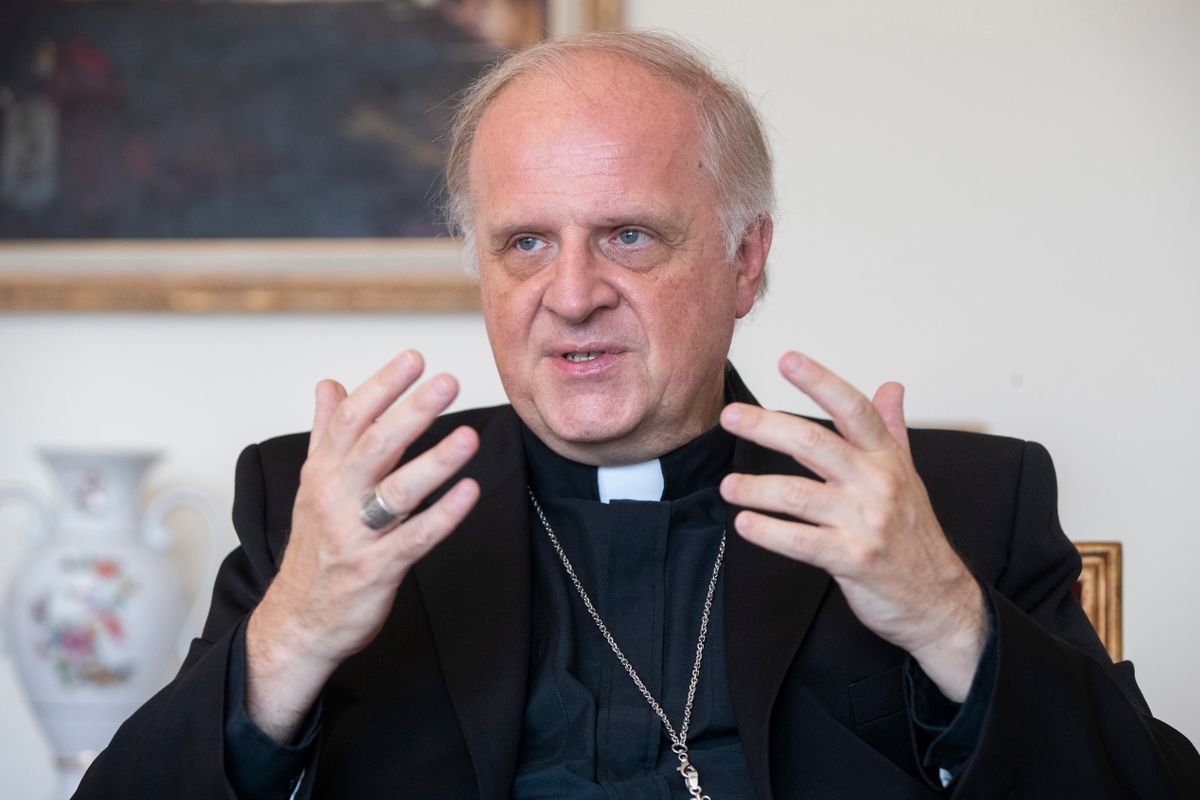
– In recent years, we have had the honor of Pope Francis visiting Hungary twice, in 2021 and again in 2023. What do you think is the reason for his return to us in such a short time?
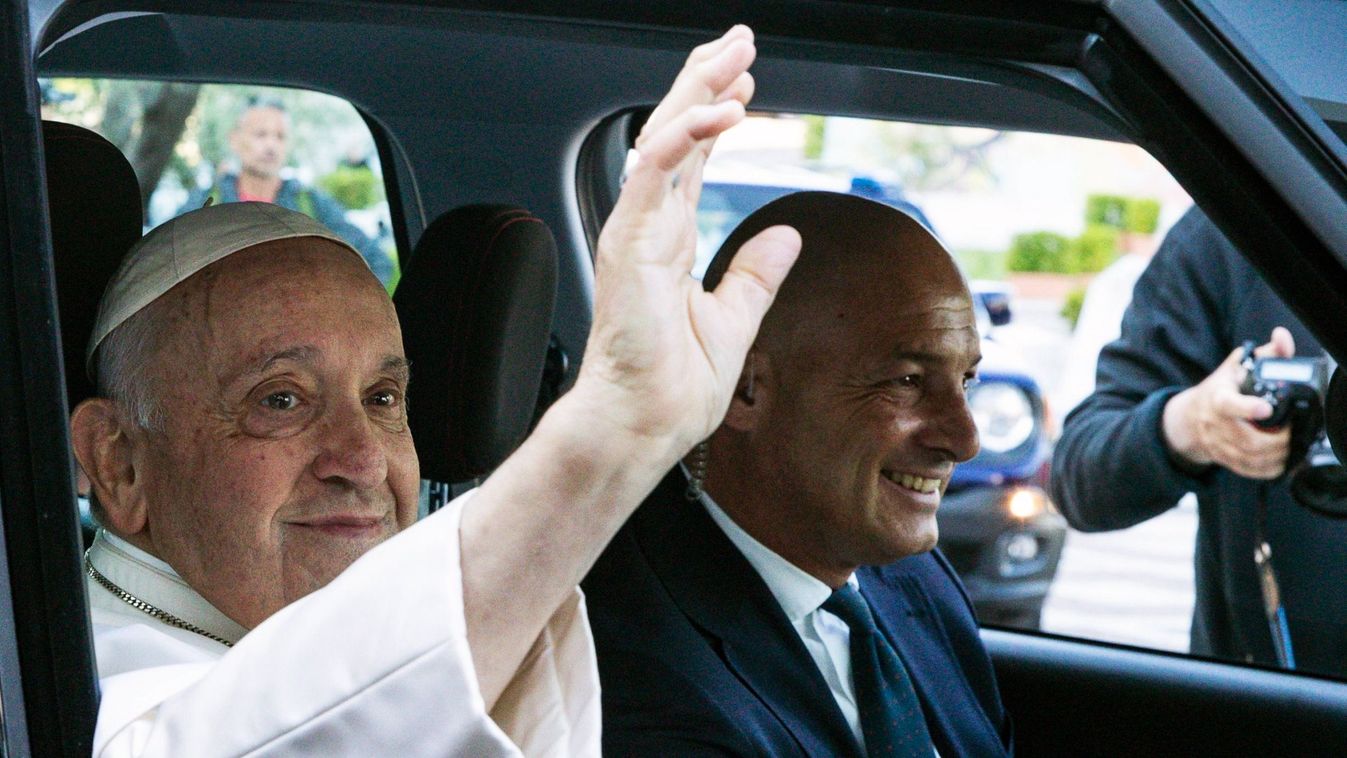
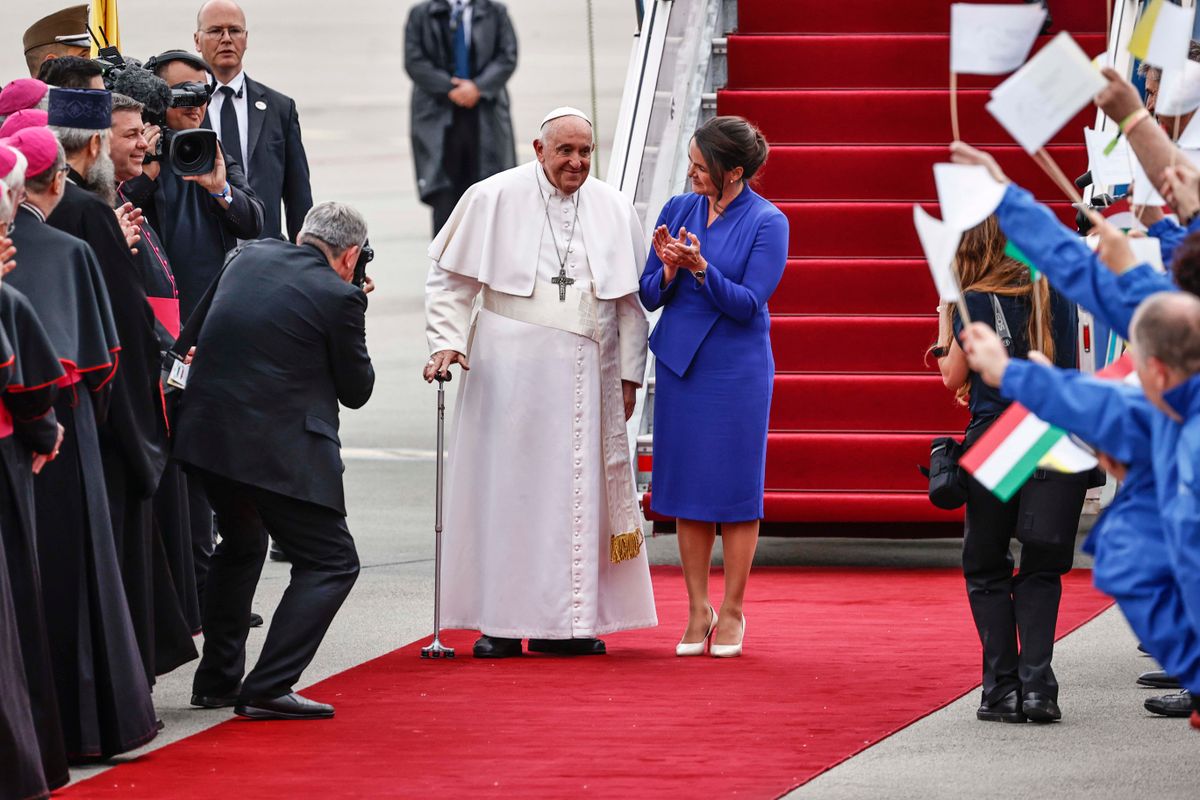
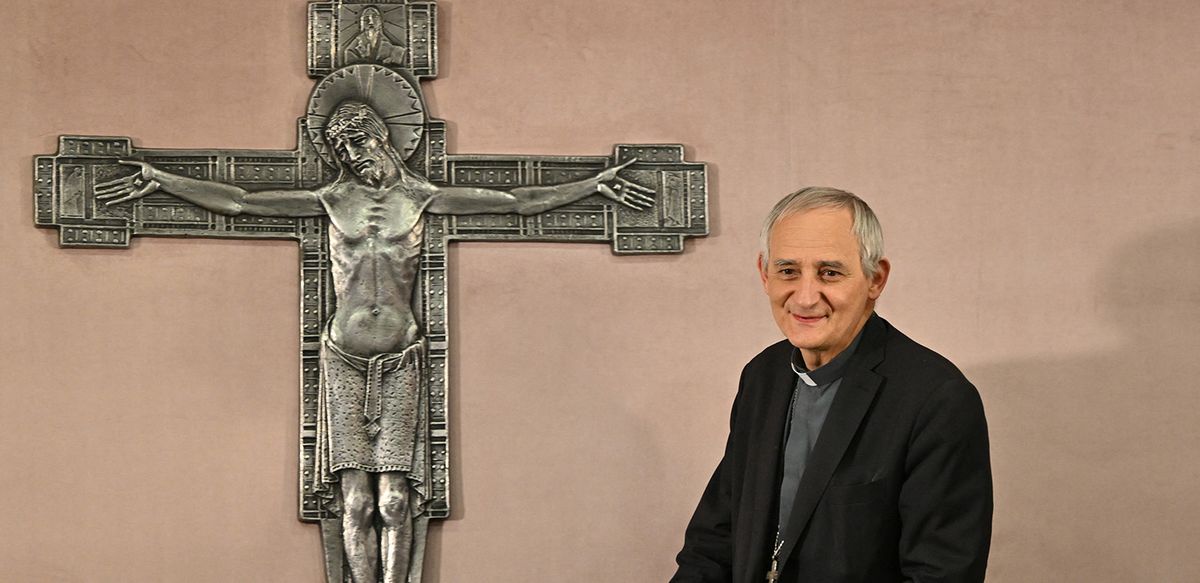
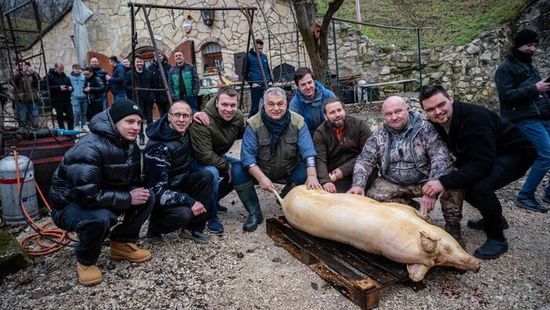
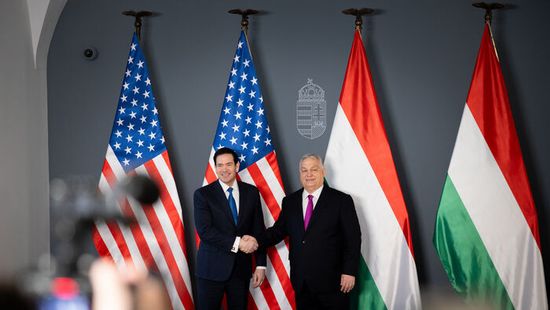
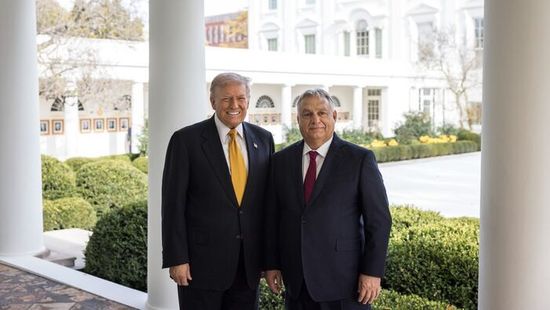
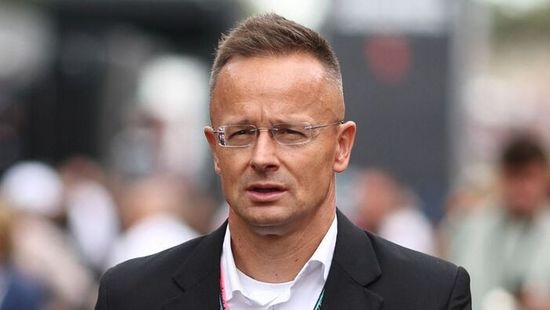

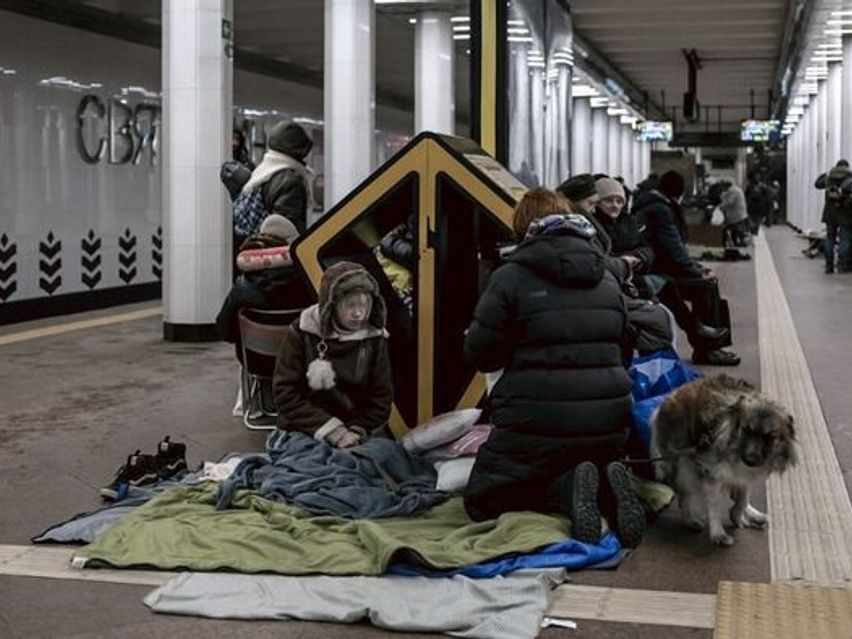
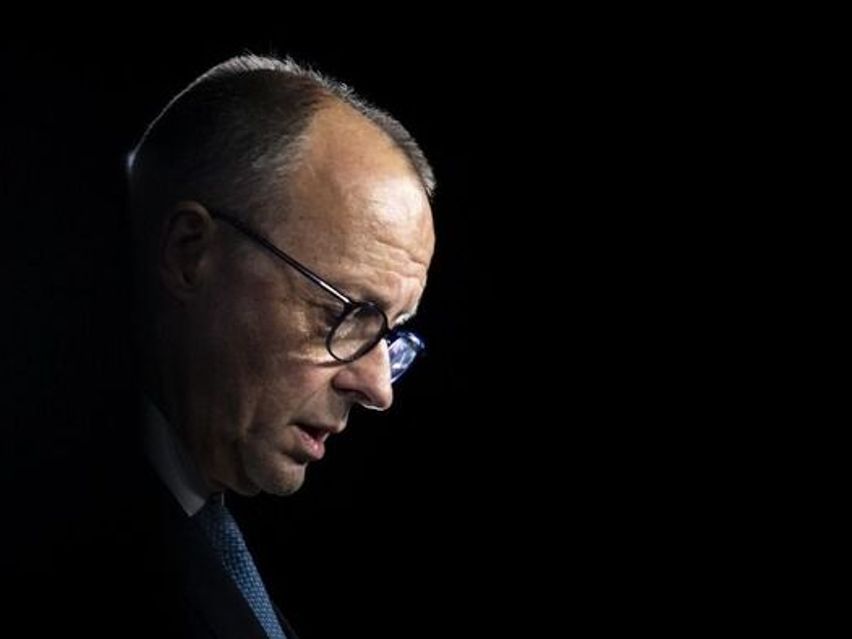
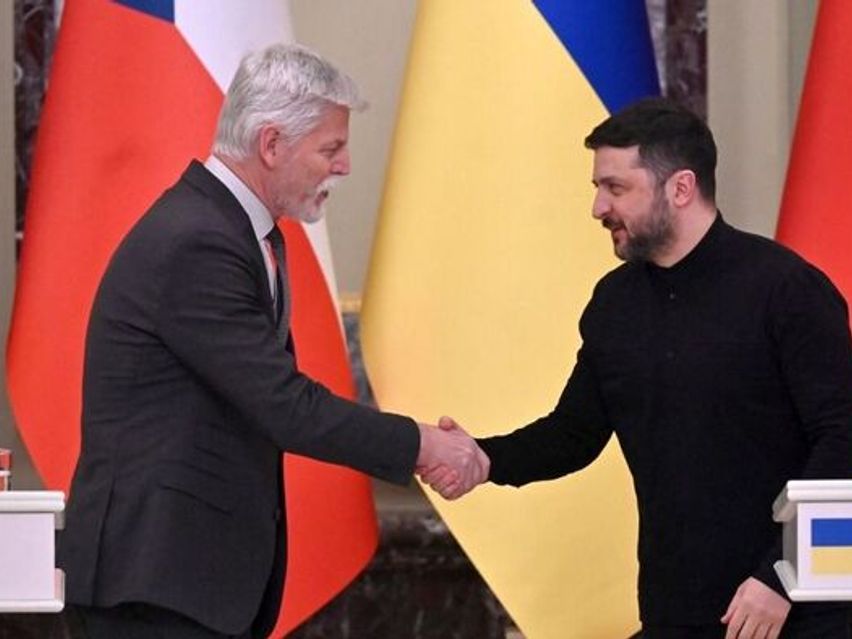
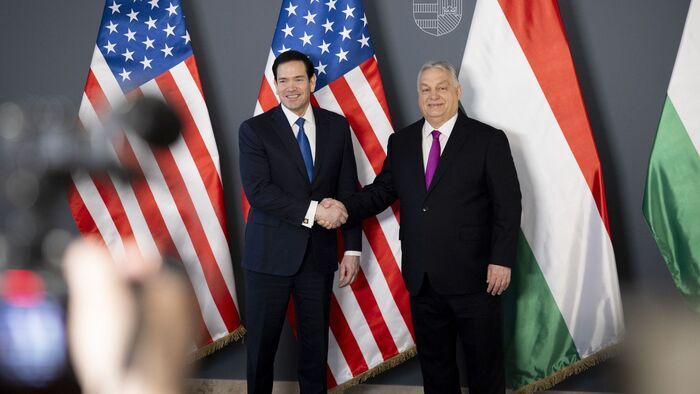

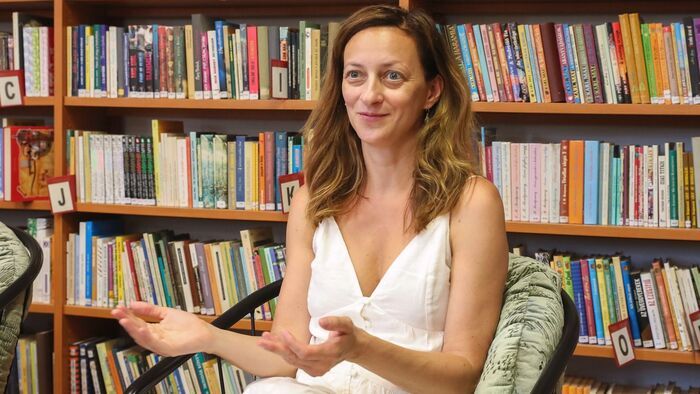
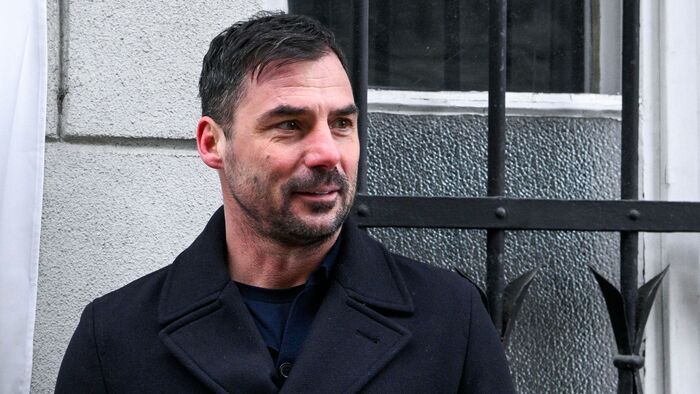
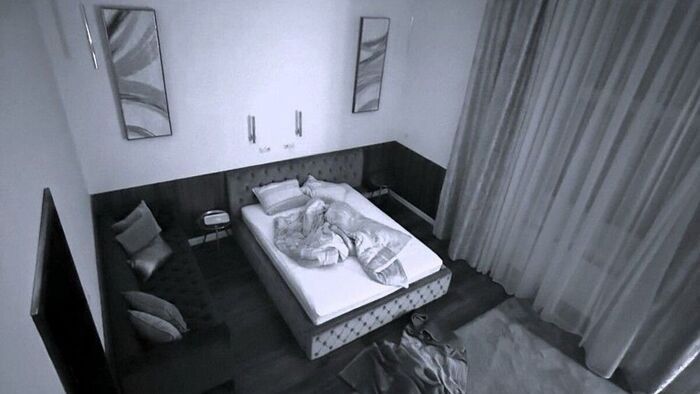
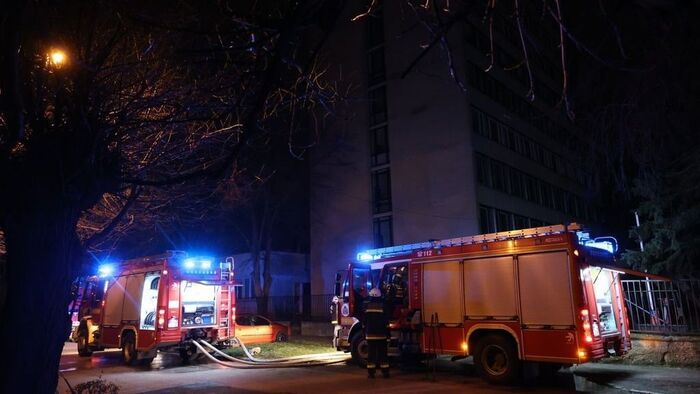
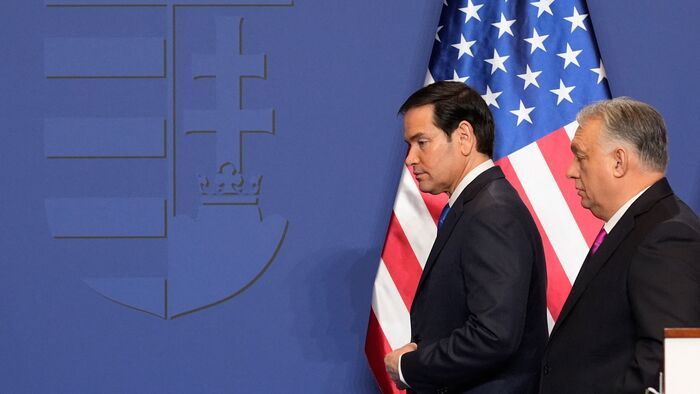
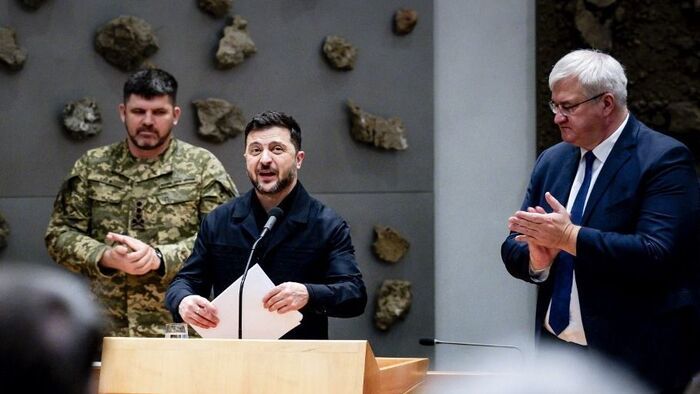
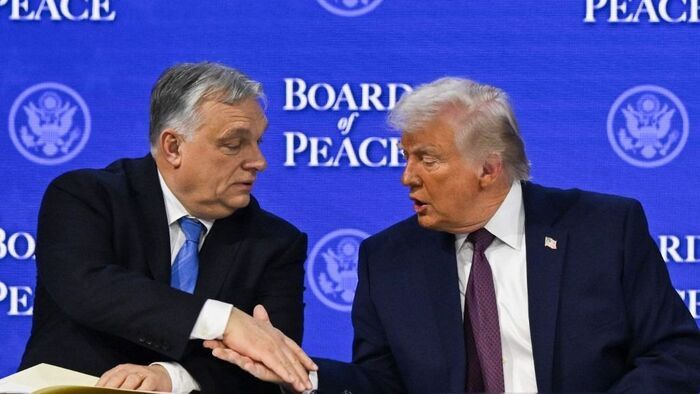

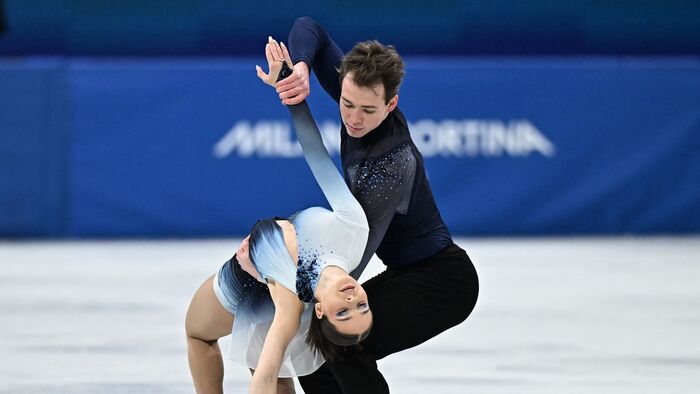
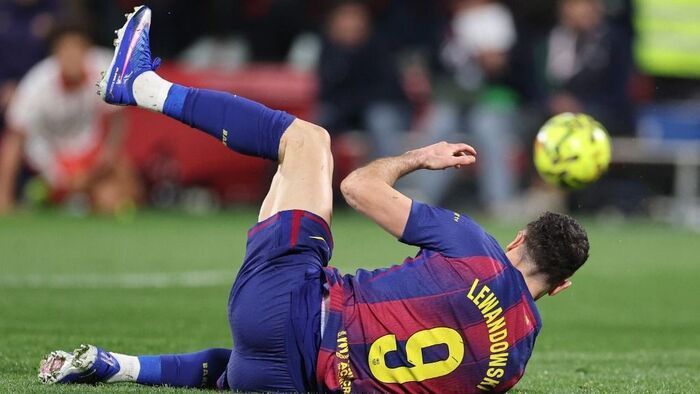
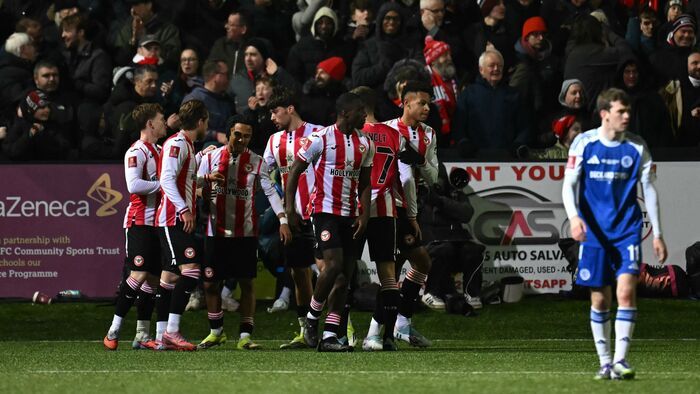

Szóljon hozzá!
Jelenleg csak a hozzászólások egy kis részét látja. Hozzászóláshoz és a további kommentek megtekintéséhez lépjen be, vagy regisztráljon!